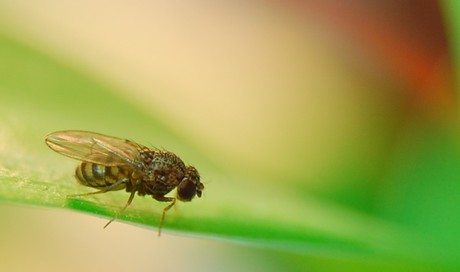Funding for research hubs and training centres

The most recent round of the Industrial Transformation Research Program will see four new research hubs and five new training centres receive almost $40 million in funding.
Announced by the Minister for Education and Training, Christopher Pyne, the new hubs and centres are being billed as powerful tools for developing strong research partnerships between university-based research and industry.
The four research hubs will receive $18.7 million for research programs such as sustainable agriculture and computational particle technology, and five training centres will receive $20.9 million for research programs in areas such as forestry and biosecurity - bringing ARC research hubs to a total of 18 and training centres to a total of 16.
The initiative gives researchers and industry the opportunity to work collaboratively. Ideally, research partnerships that develop will offer PhD and postdoctoral researchers job opportunities and allow young researchers to gain real-world practical skills and experience.
The ARC Research Hub for Legumes for Sustainable Agriculture will be based in the Centre for Carbon, Water and Food at the University of Sydney. Led by Associate Professor Brent Kaiser and partnering with the Grains Research & Development Corporation, the centre will aim to increase food production and maintain legume productivity amidst the challenges of climate change.
Research will focus on improving the nitrogen delivery capacity of legumes and their resilience to abiotic stress, which is becoming an increasingly important consideration as a result of climate change.
Grain legumes are often grown by farmers in rotation with cereal crops for their high nutritional seed value and their unique ability to develop a self-sufficient nitrogen-fixing symbiosis with soil bacteria.
The ARC Training Centre for Fruit Fly Biosecurity Innovation will be based at Macquarie University led by Associate Professor Phillip Taylor.
Partnering with the Department of Primary Industries, Department of Agriculture Fisheries and Forestry, CSIRO, New Zealand Institute for Plant and Food Research and Ecogrow Environment, the centre will train researchers in practical application of sustainable ways to combat fruit flies.
Australia can no longer rely on insecticides to protect crops because of environmental damage and concerns for consumer health. The most effective insecticides have been banned for use on many crops, thus new tools are needed by horticulture industries to combat fruit flies. The aim of this training centre is to train researchers who can support and transform the way horticulture industries combat invasive fruit flies that threaten Australian crops.
Melatonin helps to prevent obesity, studies suggest
In an experiment carried out in rats, chronic administration of melatonin prevented obesity to a...
Personality influences the expression of our genes
An international research team has used artificial intelligence to show that our personalities...
Pig hearts kept alive outside the body for 24 hours
A major hurdle for human heart transplantation is the limited storage time of the donor heart...







